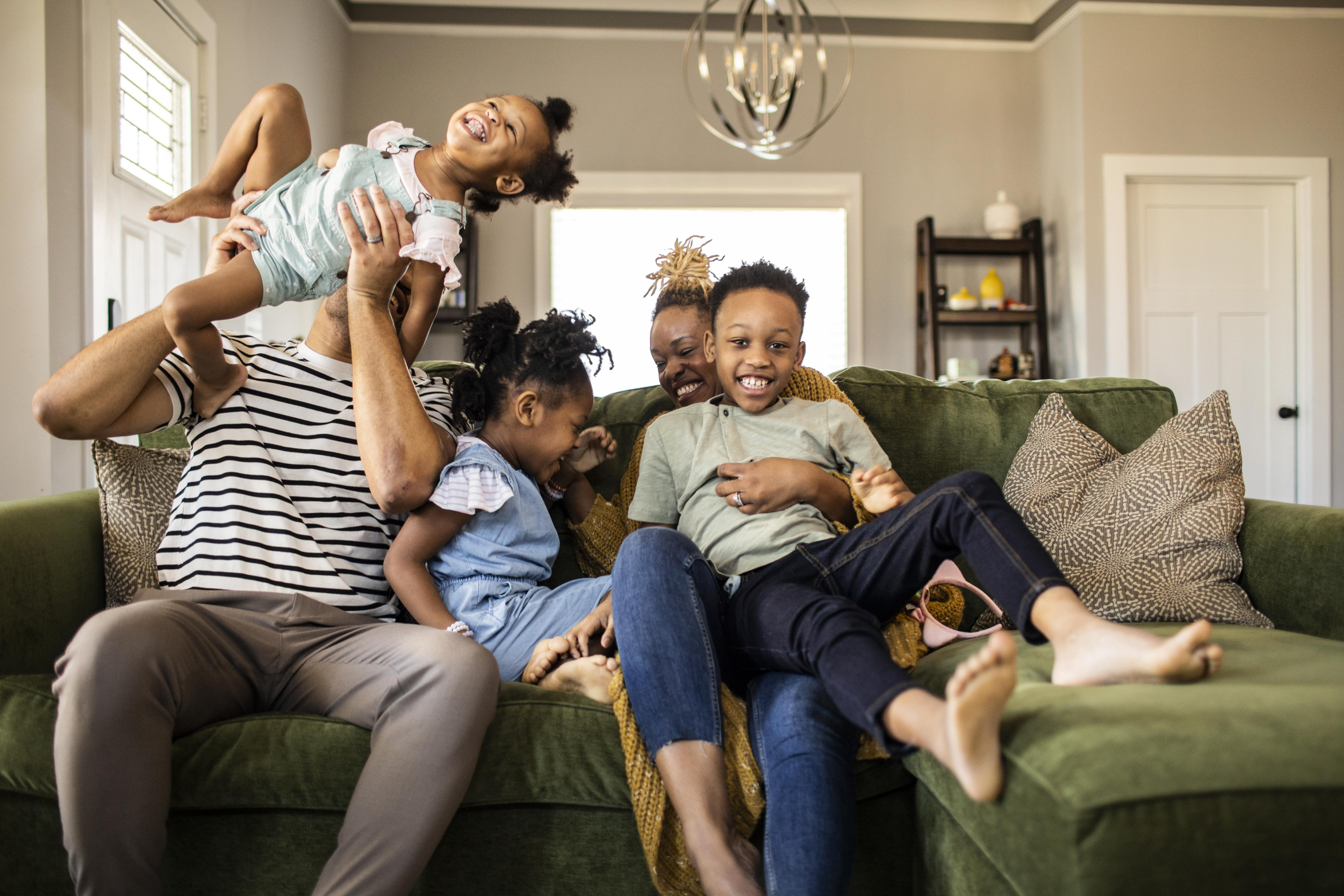As a Black woman living in the United States, the prospect of becoming a parent one day is both exciting and terrifying. The world offers endless possibilities and opportunities, but ignoring the challenges and harsh realities that disproportionately affect Black and Brown communities is impossible.
Unfortunately, there’s no escaping the pigment of your skin and the pervasive sting of systemic racism and racial discrimination. This reality exists across the globe. Altogether, every country is affected, as countries of color are taken hold by colorism. Comparatively, there’s something sinister about American racism. Even European countries, the OG colonizers, look at us incredulously.
Here are some reasons why I won’t be raising my future Black children in the United States.
Gun Violence in America
The issue of gun violence in the United States is undeniably distressing, particularly when it comes to Black communities. The numbers depict a gruesome reality. According to the Centers for Disease Control (CDC), Black individuals face firearm-related deaths at a rate almost ten times higher than their white counterparts. This skyrocketed in 2021. Black people in the U.S. were nearly 14 times more likely to die by gun homicide than their white counterparts. Young Black males, ages 15–34, are most at risk. Raising them here makes me feel like I’ll risk my children’s safety.
Additionally, mass shootings are a troubling part of American culture. These acts of violence are deeply unsettling, often involving seemingly random attacks on a large number of people, even children. Mass shootings in the U.S. account for 73% of all developed countries.
Poor Education Systems
Education is often celebrated as the great equalizer, but it remains far from equitable in the United States, especially for Black children. Disparities in the quality of education are massive, with Black students often attending underfunded schools with severely underpaid teachers and limited access to basic resources. These inequities limit their opportunities for growth and success and often set them up to fail from an early age.
Recently, states have banned teaching critical race theory (CRT) in schools across the United States. These individuals resist recognizing our nation’s history of racism and its ongoing influence in the present. Some argue that CRT, which explores the systemic nature of racism in our society, could be divisive and unsuitable for the K-12 classroom.
At the same time, there’s been a growing effort to ban books that discuss topics like race, gender, or sexuality, with concerns about the appropriateness for different age groups. These bans have a profound impact on children, especially Black children.
A lack of education on race and social issues can hinder their understanding of the world and their place in it. I don’t want to raise my future children in a country that blatantly ignores and refutes its oppression.
Disparities Harming Black Communities
As a Black person or person of color, policing in America is scary, to say the least. The relationship between the Black community and law enforcement has historically been violent and racist — with excessive use of force and unjustified shootings. Research indicates that Black Americans are 3.23 times more likely to be killed by police than White Americans.
The legitimate fear of encounters with the police or witnessing this racial bias is an ever-present stressor for Black people and people of color. We are constantly bombarded with stories of tragedy, such as the deaths of Trayvon Martin, Breonna Taylor, and countless others, that weigh heavily on my mind as I think about my children’s future.
Considering the Future
High living costs, racial disparities in healthcare, and unhealthy and unjust food systems also play a role. The decision to move when that time comes is a complex and deeply personal one. It’s not a rejection of the country as a whole but rather an acknowledgment of issues that demand immediate attention and resolution. As Black women, it’s crucial to contemplate our roles as a potential parents and what it would mean to keep children safe and healthy.
This decision is rooted in love and the desire to provide children a safer, more equitable, and nurturing environment. But this conversation should go beyond individual choices and focus on collective and community efforts. Can the U.S. work towards positive change and make the world a better place for our future kids to thrive? In the end, it’s about doing what’s best for our children and future children and ensuring that they have the opportunities and support they need to lead fulfilling lives.
Aysia Morton, a culture and travel writer, wrote this story.
